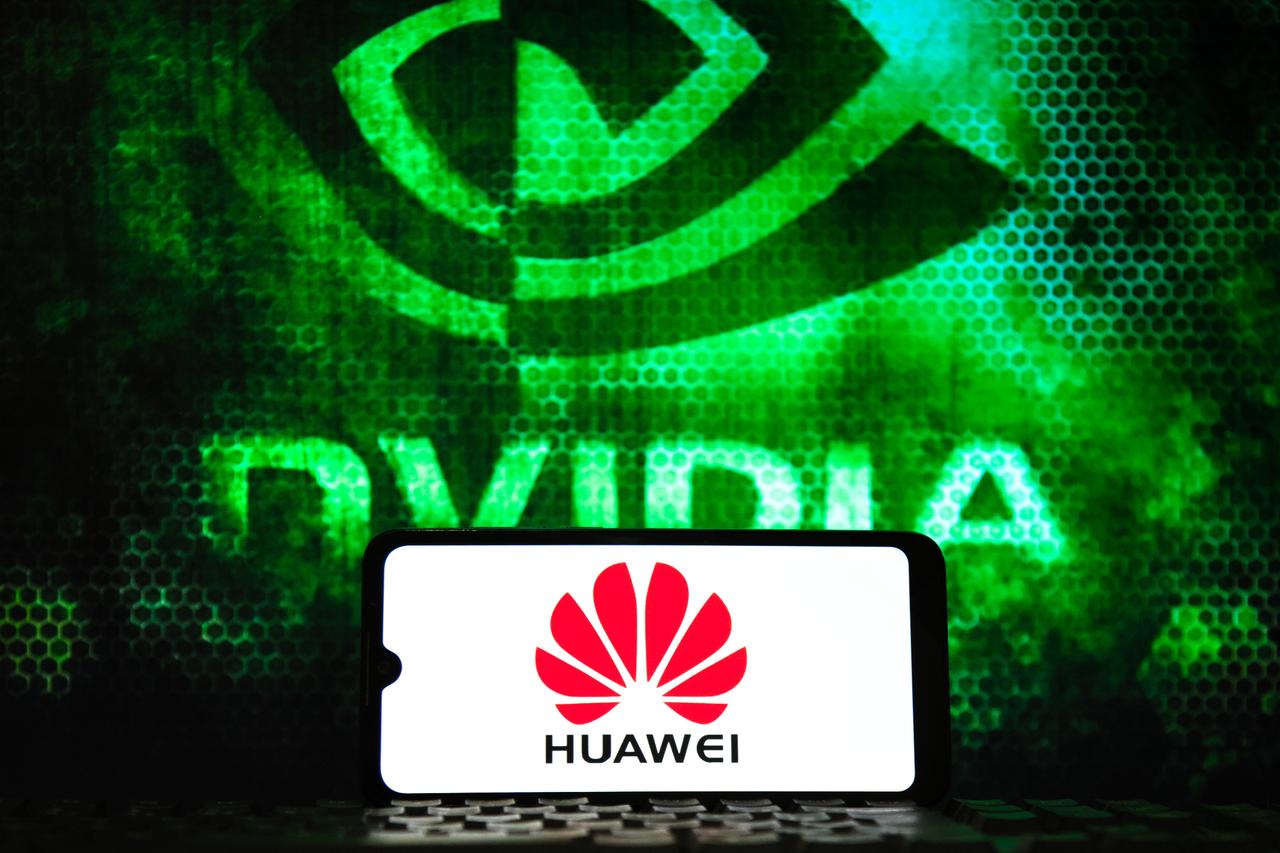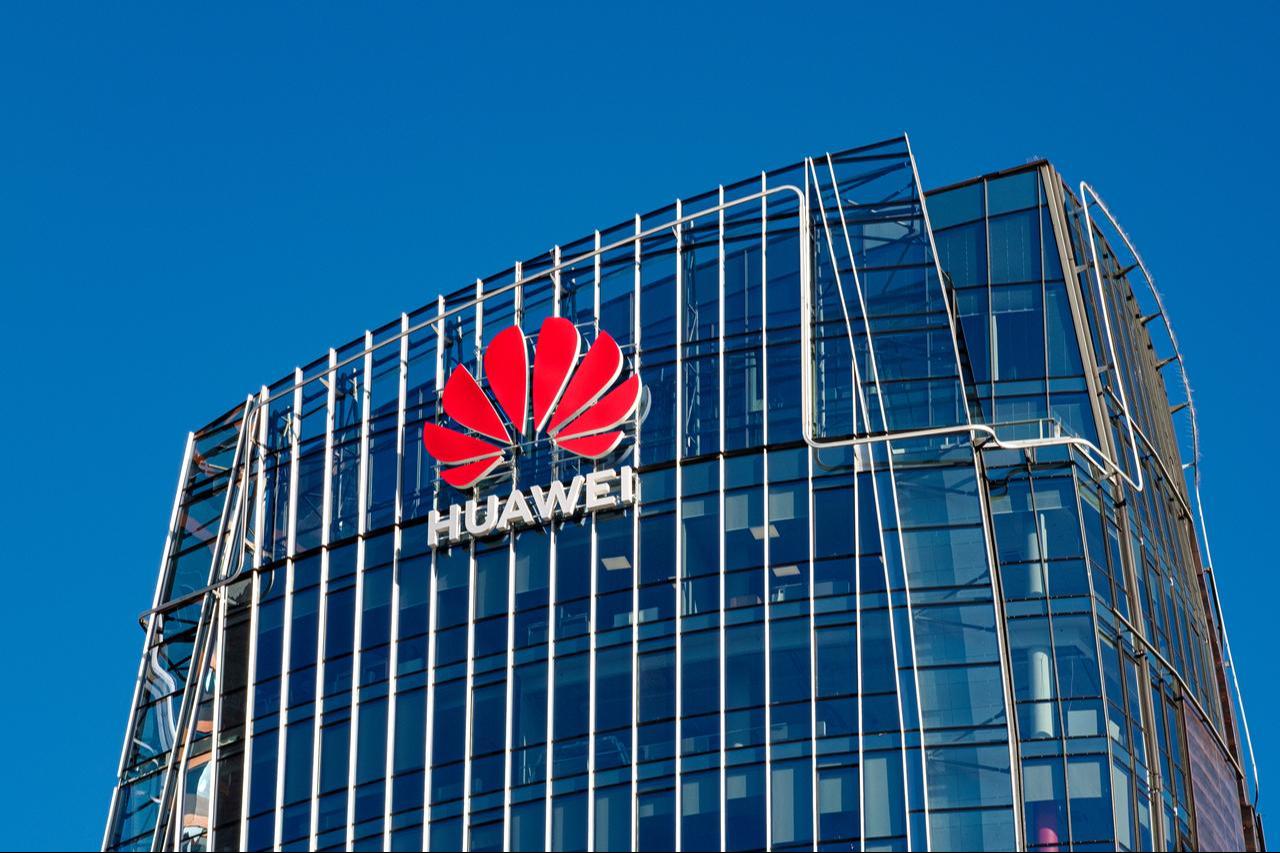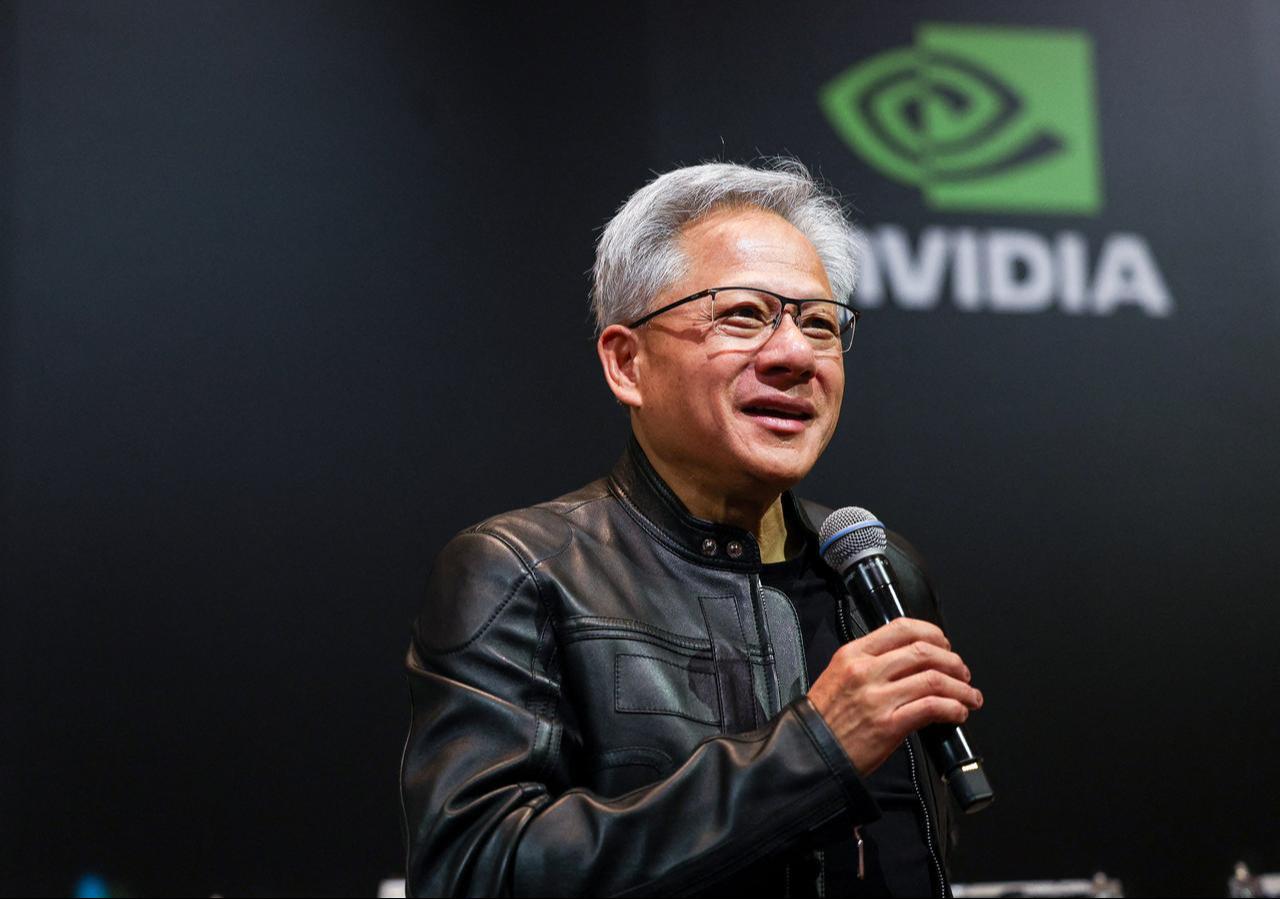
China is moving to replace U.S.-made Nvidia processors with powerful domestic alternatives developed by Huawei, as the country reportedly asked domestic tech titans to halt imports of new chips, citing national security concerns.
According to a report by Financial Times, the country’s internet regulator has instructed major technology firms, including Alibaba and ByteDance, to halt purchases of Nvidia’s RTX Pro 6000D processors. The directive is widely viewed as a step toward accelerating the adoption of homegrown chips, particularly those developed by Huawei, as the company reportedly aims to introduce new supercomputing systems in 2026 and 2027.
In a press release seen by Agence France-Presse (AFP), Huawei's Deputy Chairman Eric Xu said that the Atlas 950 and Atlas 960 "SuperPoD" systems will integrate thousands of Huawei’s own processors, enabling large-scale parallel computing and significantly boosting capacity for artificial intelligence applications. The systems are designed to support the growing demand for high-performance computing that underpins fields such as generative AI, cloud services, and data analysis.
According to Xu, the two platforms will be launched in phases, with the Atlas 950 expected in 2026 and the Atlas 960 following in 2027. Both will deliver what he described as "industry-leading performance" across several key metrics. These include a higher number of neural processing units (NPUs), expanded total computing power, increased memory capacity, and faster interconnect bandwidth, all of which are essential for running complex AI models and handling massive datasets.
Xu emphasized that Huawei’s approach is to build a scalable infrastructure that can meet long-term computing demand, positioning the company as a domestic alternative to U.S. chipmakers. By pooling together thousands of processors in unified setups, the SuperPoDs are intended to function as powerful computing clusters capable of supporting China’s AI ambitions well into the next decade.

California-based Nvidia has become the world’s largest company by market capitalization, driven by demand for its artificial intelligence chips. Earlier this year, U.S. restrictions on advanced semiconductor sales prevented the company from supplying its H20 chip to China, leading to a $4.5 billion write-off for unsold inventory in the fiscal first quarter.
According to the company's annual financial report, the company generated $17.08 billion in revenue from the Chinese market in 2024.
In August, Nvidia reached an agreement with Washington that allowed it to resume sales of less advanced AI chips to China, on the condition that it pay 15% of revenues from those sales to the U.S. government. Despite this arrangement, restrictions remain in place on Nvidia’s most powerful products, while Beijing has countered by raising security concerns about foreign technology and encouraging firms to adopt local alternatives.
Nvidia’s chief executive Jensen Huang said on Thursday that he was "disappointed" by reports that Beijing had barred leading Chinese firms from buying his company’s processors. Speaking in London, Huang noted that the company could only serve markets where governments allow it. He added that U.S.-China relations involve "larger agendas" that go beyond commercial interests.

Analysts see Beijing’s recent measures as part of a deliberate effort to shift Chinese tech companies toward homegrown suppliers such as Huawei and Cambricon, another domestic chipmaker.
Chinese regulators have reportedly held talks with both firms to assess how their products compare with Nvidia’s offerings.
Lastly, Chinese foreign ministry spokesperson Lin Jian, when asked about the reported restrictions, did not confirm the measures but said Beijing opposed "discriminatory practices" in trade and technology. He added that China remained willing to maintain dialogue with all parties to preserve the stability of global supply chains, Reuters reported.